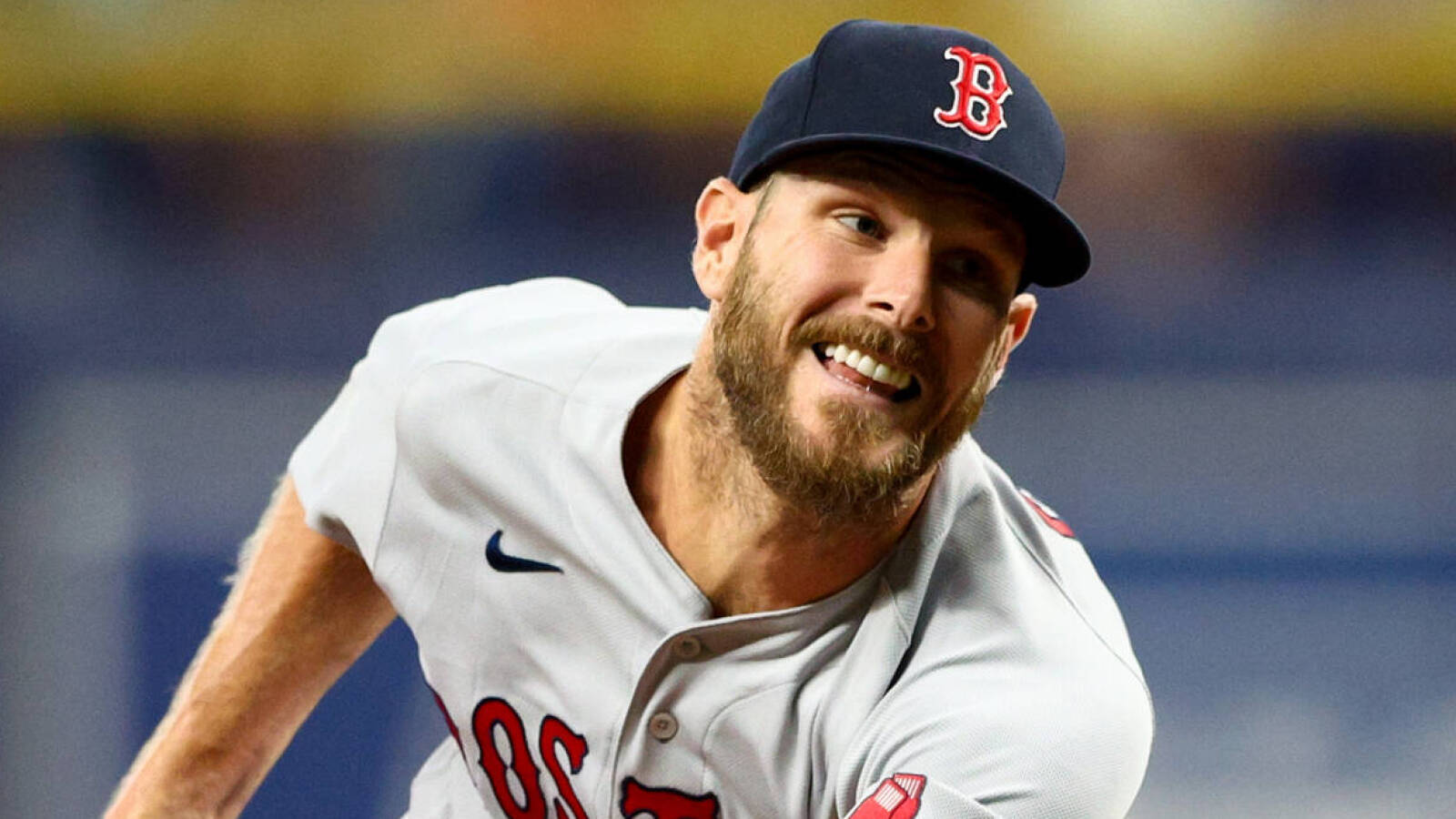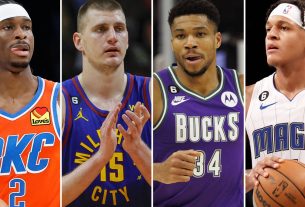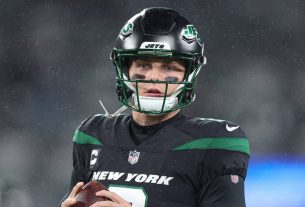Teams are reportedly checking in with the Red Sox on the availability of seven-time All-Star Chris Sale, per Jon Heyman of The New York Post. However, Heyman notes that Boston is “not looking to trade any of their starters,” but is “willing to listen and consider.” Sale is currently owed $55M through the 2024 season. Nevertheless, Sale has full veto power over any potential trade by virtue of his 10-and-5 rights (ten years of Major League service time, including at least the past five with the same team).
Arriving in Boston after the 2016 season, Sale continued to display his superiority on the mound, pitching to sub-3 ERAs in 2017 and 2018 while helping the Red Sox win their fourth World Series Championship since 2000. Following their victory, Boston and Sale soon hammered out a five-year, $145M extension (with a vesting option for the 2025 season) that many believed to be a bargain at the time for a starting pitcher that had seven consecutive All-Star appearances, six consecutive Top-5 Cy Young finishes, four consecutive seasons of MVP consideration, and boasted a career 2.89 ERA in 1482 1/3 innings with a 30.2 SO%, 5.7% BB, and 42.9% ground ball rate.
However, after signing that extension Sale went on to have arguably the worst full season of his career. In 2019, the southpaw saw his ERA balloon to a career-high 4.40 in 147 1/3 innings while dealing with inflammation in his pitching elbow that forced a premature end to his year.
After rehabilitation and undergoing a platelet-rich plasma injection, expectations were high for the lefty as the extension went into effect for the 2020 season. However, Sale would soon be forced to undergo Tommy John surgery in March 2020, missing the entirety of the truncated season and the first half of the 2021 season. He was then shelved for the beginning of the 2022 season due to a stress reaction in his ribcage, and he suffered a broken pinkie finger upon being hit by a comebacker shortly after returning. Then, shortly before he was scheduled to return to the club, the Red Sox announced in early August that Sale had fractured his wrist in a bicycle accident and would miss the remainder of the season.
Altogether, it’s been a near-nightmarish start to the contract extension for the Red Sox, although this year’s slate of injuries, in particular, seem fluky in nature. To Sale’s credit, in the small amount of time he’s been healthy enough to take the mound during the first three years of the extension, he’s been excellent. In those 48 1/3 innings, Sale owns a 3.17 ERA with a strong 27.4%% strikeout rate against a tidy 6.3% walk rate. Inning-for-inning, that’s largely the type of performance the Sox were hoping for — but Sale’s body has not held up.
The 33-year-old Sale (34 in March) is but one of many question marks for the Boston rotation. Nick Pivetta is the only largely established starting option for the Sox heading into 2023. Top prospect Brayan Bello is tentatively lined up for a turn in the rotation but didn’t quite seize one in this year’s rookie effort (57 1/3 innings, 4.71 ERA — albeit with better secondary marks and sparks of brilliance). Righties Garrett Whitlock and Tanner Houck have rotation potential but both have thus far been shuttled between the starting staff and the bullpen. Additional righty starters Kutter Crawford, Josh Winckowski, and Connor Seabold were all posted ERAs north of 5.25 as rookies in 2022.
With Nathan Eovaldi, Michael Wacha, and Rich Hill departing via free agency and Sale and James Paxton (also returning from injury) wild cards, the Red Sox were expected to target starting pitching this offseason. Nevertheless, the club has yet to add to their staff, instead fortifying their bullpen and adding position players Masataka Yoshida and Justin Tucker.
From a financial perspective, if Sale, who is projected to be healthy for Spring Training, can return to even a fraction of his dominant self, the Red Sox will have control of a top-tier starting pitcher who can be considered ’cheap’ when compared to other high-level starters that have recently signed large contracts with AAVs greater than $35M, such as Justin Verlander, Max Scherzer, Gerrit Cole, and Jacob deGrom. That’s not to say that Sale is currently at the level of those pitchers, but that he has been at similar heights and could reasonably reach a prominent level of production again
Currently, Roster Resource projects Boston’s payroll to be near $177M, and their competitive balance tax figure to be roughly $203M. With the base competitive balance tax threshold set at $233M for the 2023 season, the Red Sox are in no rush to shed salary and may instead hold onto Sale in the hopes that he returns to his pre-Tommy John levels of excellence.



